Another New GAO Study Says Bush Follows Through on Signing-Statement Announcements of Intent to Violate Law
 Wednesday, March 12, 2008 at 02:16PM
Wednesday, March 12, 2008 at 02:16PM One of the most underexplored aspects of Bush's unprecedented use of signing statements has been the practical consequences.
A year ago, the Government Accountability Office found that, indeed, federal officials had not complied with at least some of the provisions that Bush objected to in signing statements.
In testimony to a House committee yesterday, GAO general counsel Gary L. Kepplinger announced the results of another study, this one of provisions in the 2008 defense authorization, which found more of the same. The GAO examined how 21 agencies executed 29 different provisions of the law that Bush asserted his right not to follow -- and found that in nine cases "the agencies had not executed the provisions as written."
As with the earlier study, the specific examples are less than compelling -- the investigation, for instance, avoided "a close examination of provisions involving national security, intelligence, or foreign relations matters, because of our limited access to such information and the time constraints on our work."
Nevertheless, it does seem like there's some fire under the smoke. And Kepplinger recommended "careful" Congression oversight of the provisions to which Bush has objected.
What was the response from the Bush administration at yesterday's hearing? There wasn't any.
Megan Scully wrote in CongressDaily yesterday that senior Bush administration officials "refused invitations to testify Tuesday during a House Armed Services Oversight and Investigations Subcommittee hearing examining President Bush's signing statement on the fiscal 2008 defense authorization bill."
Did you catch that? Congress' response is yet another hearing on an indisputable impeachable offense that has been hearinged to death. But even that charade falls apart, because witnesses won't bother to appear.
Interestingly, the new GAO report concludes:
"To reduce any effect signing statements may have on agency execution of statutes, Congress may wish to focus its oversight work to include those provisions to which the President objects to ensure that the laws are carried out. We note that the Attorney General is required to submit a report to Congress of any instances in which the Attorney General or the Department of Justice implements a formal or informal policy to refrain from enforcing or defending a federal law or regulation on the grounds that such provision is unconstitutional. This reporting requirement also extends, albeit more narrowly, to the President himself with respect to any unclassified executive order or similar memorandum, and to the heads of executive agencies and military departments that establish or implement a nonenforcement policy."








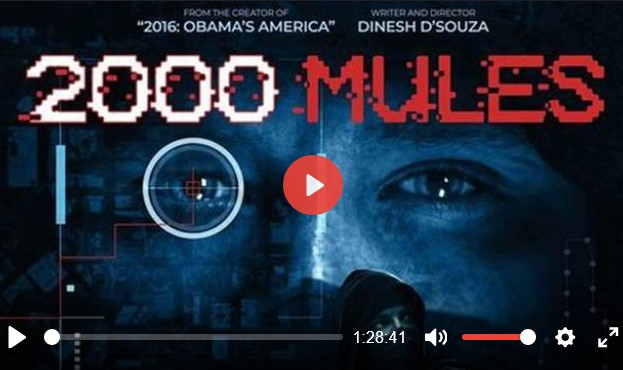













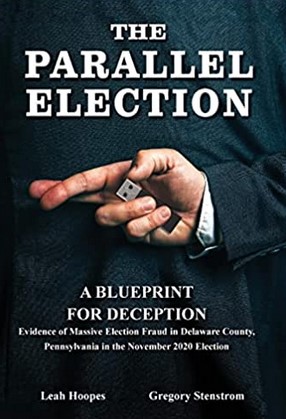



































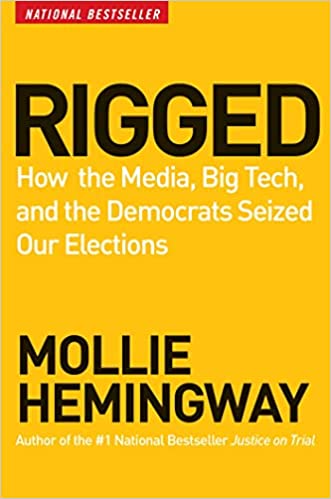








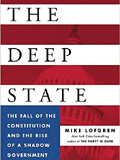












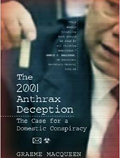






































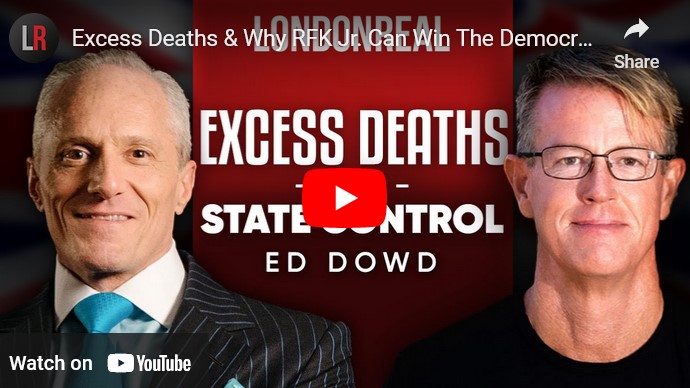






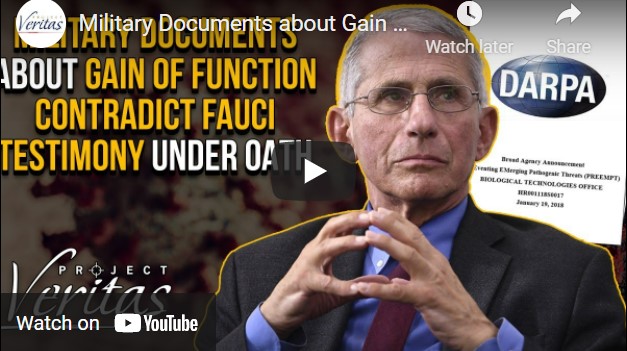





Reader Comments